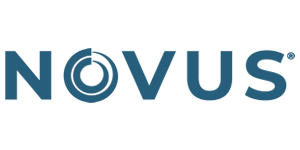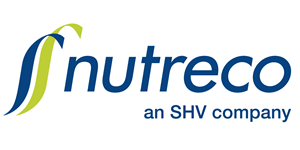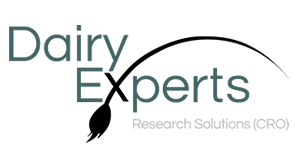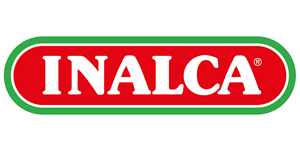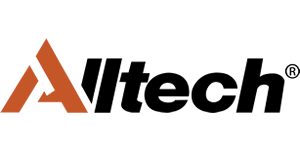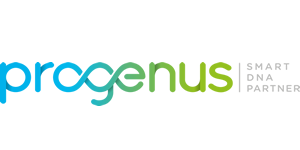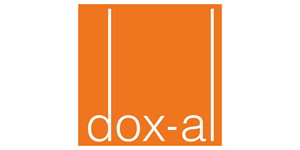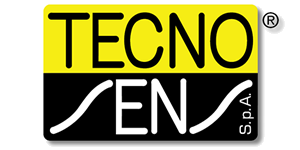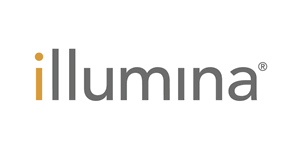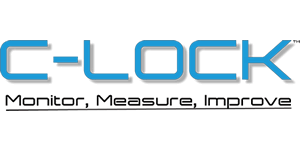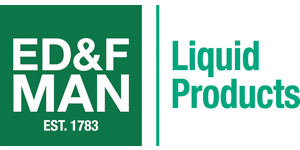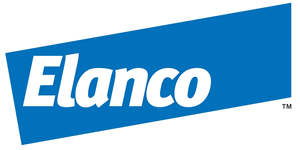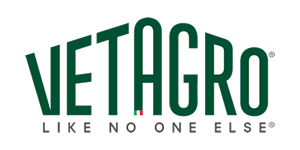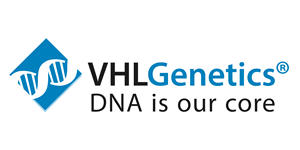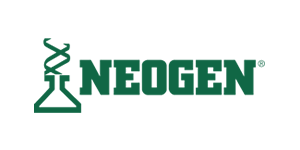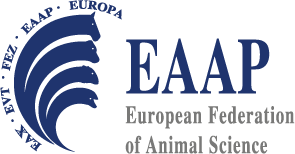Tallinn 2017
Book of Abstract: Book of Abstract Tallinn 2017
Sessions
- Session 01. Managing genetic diversity in cattle in the era of genomic selection
- Session 02. Innovation in cattle husbandry and land use
- Session 03. Effective population size as a tool for the management of animal genetic resources
- Session 04. Mult-disciplinary approaches for pig breeders for a sustainable production
- Session 05. Physiological limits for production efficiency
- Session 06. Welfare free communications
- Session 07. Genetic defects in cattle – identification, finding the mutation and managing it in breeding plans
- Session 08. Young Train – Dairy innovation in research and extension
- Session 09. Genomics and genetic evaluation in small ruminants
- Session 10. Food trust in the food chain: how can the animal production sector contribute?
- Session 11. LFS efficiency: indicators and scales?
- Session 12. Improving health and welfare through precision farming
- Session 13. Welcome Ceremony and Plenary session: Development of automatized methods and their applications to improve livestock production
- Session 14. New traits for new breeding goals
- Session 15. Non-additivity and predicting crossbred performance in the era of genomics
- Session 16. Communication of science to the general public
- Session 17. Emission and feed management of cattle
- Session 18. Animal behaviour and genetics
- Session 19. Bioeconomy, industrial ecology and territorial metabolism: how to manage flows and cycles in LFS and at what scale?
- Session 20. Alternatives to surgical castration of male piglets without pain relief
- Session 21. PLF and its generated animal-data usage on farm and along the entire chain
- Session 22. SheepNet and iSAGE networking to improve efficiency in sheep and goats
- Session 23. Genomic selection
- Session 24. Feed-a-gene
- Session 25. Health challenges for modern farming: farming intensity and emerging animal disease
- Session 26. Better management for better economics in dairy
- Session 27. Innovation in animal nutrition through speciality feed ingredients
- Session 28. Local solutions, global answer: facing global challenges with local production systems?
- Session 29. Weaning pigs in healthy way
- Session 30. The future role of native horse breeds
- Session 31. Biology of adipose tissue and lipid metabolism
- Session 32. The nature of inbreeding and genomic approaches to assess inbreeding rate and inbreeding depression
- Session 33. Feed-a-gene
- Session 34. Rules and guidelines for successful funding and research: Opportunities for young scientist
- Session 35. Better management for better economics in beef
- Session 36. Innovation in animal nutrition through speciality feed ingredients
- Session 37. Impact of the design of smart housing systems on climate, health, welfare and the individual variation between animals
- Session 38. The role of advanced genetics in the equine sector
- Session 39. More from less-enhancing resilience and productivity from sheep and goats
- Session 40. Genetics free communications
- Session 41. New traits for new breeding goals
- Session 42. Livestock transport and slaughter
- Session 43. Nutrition Free Communications
- Session 44. Non-invasive monitoring of physiological state (animal biology)
- Session 45. Safety, regulatory, environmental issues and consumer acceptance of insects
- Session 46. Pig free communications
- Session 47. The global farm platform initiative: towards sustainable livestock systems
- Session 48. Health and welfare of small ruminants
- Session 49. Impact of selection methods and reproduction technologies on breeding programs
- Session 50. Human health and animal products
- Session 51. Nutrition, intestinal health and immunity
- Session 52. Alternative versus traditional feed protein sources
- Session 53. Resilience: immunology, breeding and stress reduction
- Session 54. Insects in a circular economy
- Session 55. Science supporting the health and welfare of horses
- Session 56. Free communication in cattle
